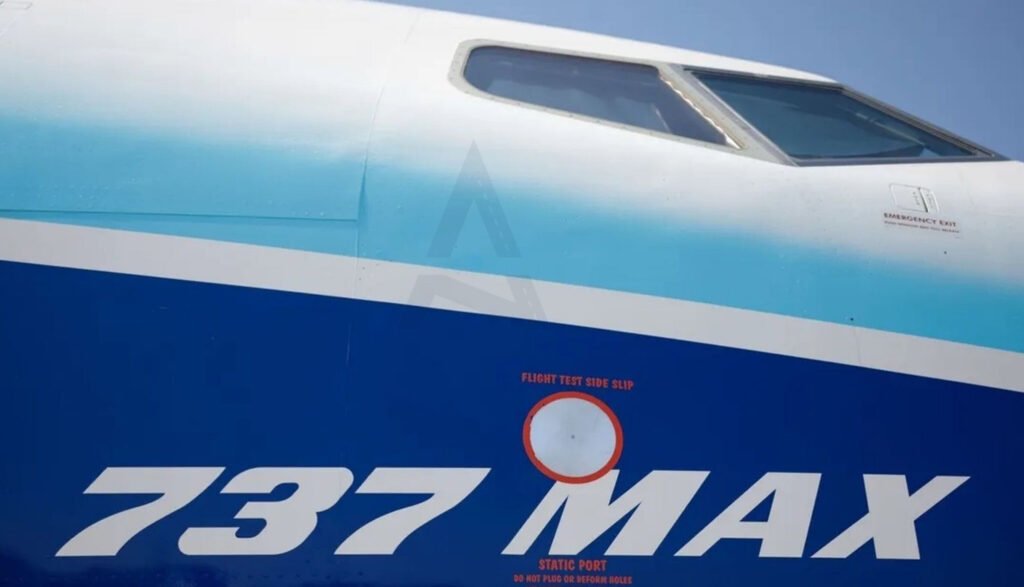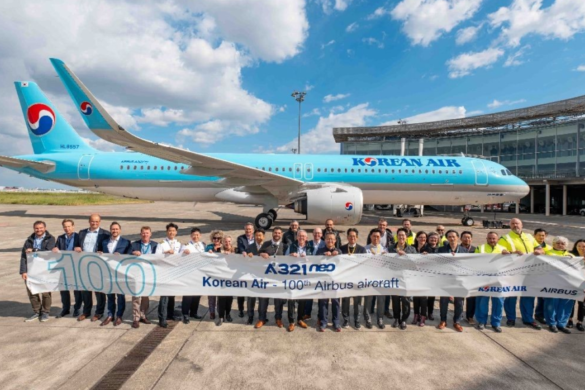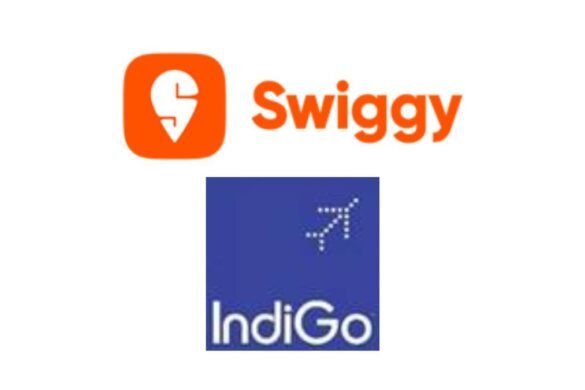Boeing has secured a landmark $36 billion deal with Turkish low-cost airline Pegasus Hava Tasimaciligi AS, marking the company’s largest commitment so far this year. This agreement represents a significant victory for Boeing, as it outpaces rival Airbus SE, which had previously been the preferred choice for the Turkish carrier. The deal, which is expected to reshape the competitive dynamics in the region, has far-reaching implications for both manufacturers.
The agreement consists of firm orders for 100 units of the 737 Max 10, Boeing’s latest and as-yet uncertified model, with deliveries set to begin in 2028. In addition to these firm orders, Pegasus has also secured options for another 100 aircraft, which could be converted into firm commitments in the future. If all options are exercised, the total value of the deal could rise to an astonishing $36 billion, though this figure is based on list prices, which are typically higher than the market prices negotiated by customers.
This deal is a notable victory for Boeing, as the 737 Max 10 continues to undergo certification processes, and the aircraft faces intense scrutiny following the earlier grounding of the 737 Max fleet in 2019. Pegasus’ confidence in this model underscores the airline’s optimism about Boeing’s recovery and the aircraft’s potential to meet the growing demand for efficient, high-capacity jets in the budget airline sector.
The agreement comes at a pivotal moment for Boeing, especially as the aviation industry rebounds from the pandemic, with many airlines seeking to expand their fleets and modernize their operations. The 737 Max 10, which promises improved fuel efficiency and lower operating costs, is seen as a strong competitor to Airbus’ A320neo series. By securing Pegasus as a major customer, Boeing strengthens its position in the low-cost carrier market, a segment where Airbus had previously dominated with its A320 family of aircraft.
For Pegasus, this large-scale purchase is a strategic move to fuel its future growth. As the airline continues to expand its domestic and international network, the addition of the 737 Max 10 will provide the capacity needed to handle increased passenger demand. The fleet will enable the airline to operate more efficiently and competitively, reducing operating costs while maintaining a high level of service.
The deal also has broader implications for the global aviation market, particularly in the context of the fierce rivalry between Boeing and Airbus. While both companies have competed for dominance in the narrow-body jet segment for decades, this latest contract places Boeing in a strong position in the wake of a challenging few years. The deal further underscores the importance of strong relationships with emerging markets and low-cost carriers, which are poised for rapid expansion in the coming years.
As Boeing moves forward with this significant order, the company will need to ensure that the 737 Max 10 meets its certification requirements and that it is delivered on time to Pegasus. The success of this deal will likely have ripple effects throughout the aviation industry, shaping the future of both Boeing and Airbus as they continue to compete for orders from carriers around the world.



